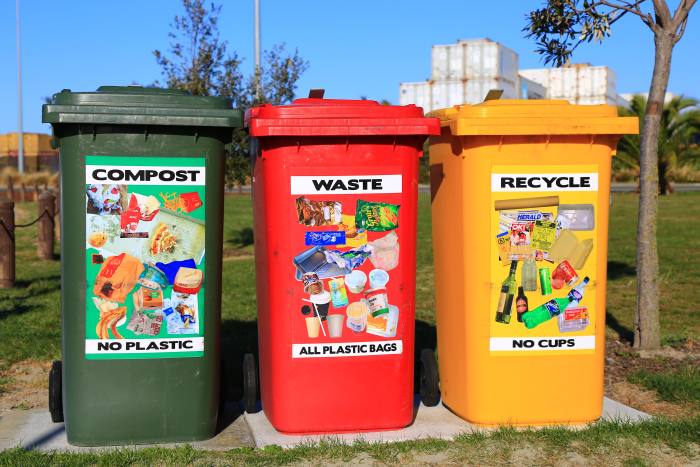
One of the steepest challenges facing investors looking to put together portfolios of responsible investments is achieving diversification.
This is because many of the companies which would screen positively for a sustainable investment fund are those which are at a relatively early stage of their development, and while some of them will be growing rapidly, such equities will generally fit into the growth style of investing, creating the risk that client portfolios are overly exposed to one style of investing.
In the fixed income universe there are two challenges; the first is that many clients may not feel comfortable owning the bonds of governments, or at least certain developed market governments, as those tend to have armies.
As government bonds are a traditional way to dampen the volatility from equities, a scenario where one cannot own government bonds means the traditional rules of asset allocation are upended.
The second challenge within the fixed income space is that many companies that would have the highest credit rating are those which generate lots of cash and so have no need to issue debt, while companies that would pass a sustainability screen may require lots of debt as they are in the early stages of growing their businesses.
Bond selection
Tom Sparke, investment manager at GDIM, says: “This is a difficult area for a number of reasons. The government bond market that is an essential part of a bond portfolio is rated at both the highest and lowest ends of the ESG scale by different platforms, as the actions of those governments whose bonds are used differ greatly.
"Trading in arms, varying degrees of inequality, personal conduct and many other factors can be looked at negatively when scrutinised. A second consideration is which to buy – are UK bonds better or worse than US ones from an ethical point of view? What about Chinese bonds? All of these factors are subjective and a framework for including or excluding them is difficult to ascertain.”
He adds: "There are a huge number of investment-grade funds in this space but very few high-yield ones. The underserved nature of this space could lead to a smaller pool to pick from. We use sovereign bonds from the UK, US and Europe in our ESG-focused portfolios, but do not use those from China, as ongoing human rights violations continue. We also use a handful of investment-grade funds and some with wider powers to include some element of high yield too.”
Genevra Banszky von Ambroz, portfolio manager at Tilney, finds that in the corporate bond space her preference is to use bonds with a short date to maturity as there is a greater level of certainty around the company's prospects and also policies..








